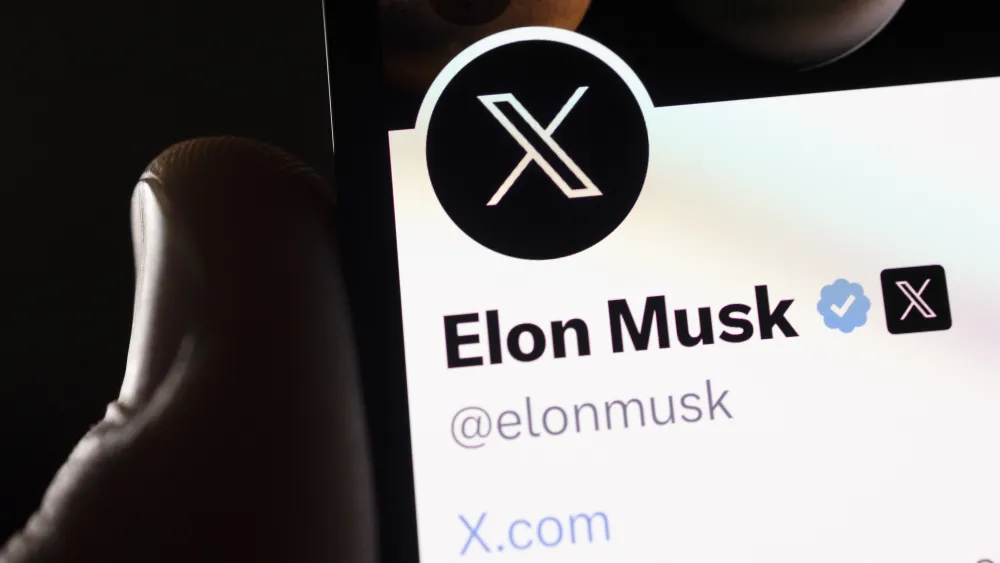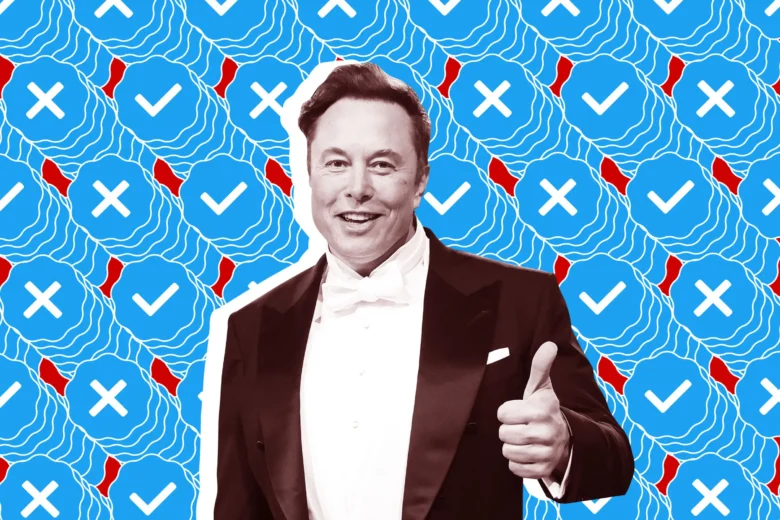The honeymoon is over for Elon Musk’s X (formerly Twitter) in Europe. In a move that could have major implications for the platform and its users, the European Union (EU) has accused X of misleading users with its blue checkmark system and failing to meet transparency standards under the bloc’s new Digital Services Act (DSA).
This is the first major clash between a tech giant and the EU since the DSA came into effect, raising questions about the future of online discourse and how platforms like X will be held accountable.
Blue Checks Gone Rogue?
For years, blue checkmarks on social media platforms like X signified verified accounts – celebrities, politicians, and other figures with a confirmed identity. However, under Musk’s leadership, X took a controversial turn. In 2022, the platform started offering blue checks to anyone willing to shell out $8 a month as part of a premium subscription package.
The EU sees this as a deceptive practice, a “dark pattern” that manipulates users. The commission argues that with anyone able to buy verification, it becomes impossible for users to discern the legitimacy of accounts and the information they share. This can have serious consequences, potentially allowing bad actors to pose as trusted sources and spread misinformation.
Transparency Under Fire:
The EU’s accusations go beyond the blue check debacle. The commission also slammed X’s ad transparency database, calling it “unsearchable and unreliable.” Imagine a library where the books are locked away and the catalogue is a mess – that’s essentially what the EU is saying about X’s ad database. This lack of transparency makes it difficult to track who’s funding online advertising and for what purpose, hindering efforts to identify and combat potential manipulation.
Furthermore, X is accused of making it difficult for researchers to access data on the platform. The DSA emphasizes the importance of independent research in understanding how online platforms function and the risks they pose. However, X’s current system seems designed to discourage researchers, either by making data scraping impossible or charging exorbitant fees for access through official channels.
Musk’s Combative Response:
Unsurprisingly, Elon Musk isn’t taking these accusations lying down. He claims the EU offered X a “secret deal” to avoid fines in exchange for censoring content without informing users. While Musk offered no evidence to back this claim, it highlights the ongoing tension between tech giants and regulators who seek to curb the spread of harmful content online.

What’s Next for X and the EU?
X now has an opportunity to address the EU’s concerns and comply with the DSA regulations. If they fail to do so, they could face hefty fines (up to 6% of their global revenue) and be forced to make changes. The EU is also investigating X’s handling of illegal content and its “Community Notes” fact-checking system, suggesting a wider scrutiny of the platform’s content moderation practices.
This clash between X and the EU is just the beginning. Other tech giants like TikTok, AliExpress, and Meta (Facebook and Instagram) are also under investigation for potential DSA violations. The outcome of this case will set a precedent for how the EU regulates online platforms and enforces user protection and transparency standards.
The Stakes Are High:
For X users in Europe, a lot is at stake. Will they continue to navigate a platform where blue checks no longer signify credibility and where the flow of information remains shrouded in a lack of transparency? The EU’s actions aim to create a safer and more accountable online environment, but how X responds and what compromises are reached will determine the impact on its European user base.
This situation also raises questions about the future of online discourse in a globalized world. Can a single set of regulations effectively address the challenges posed by powerful social media platforms that operate internationally? Only time will tell how this battle between X and the EU unfolds and what it means for the future of the internet.



